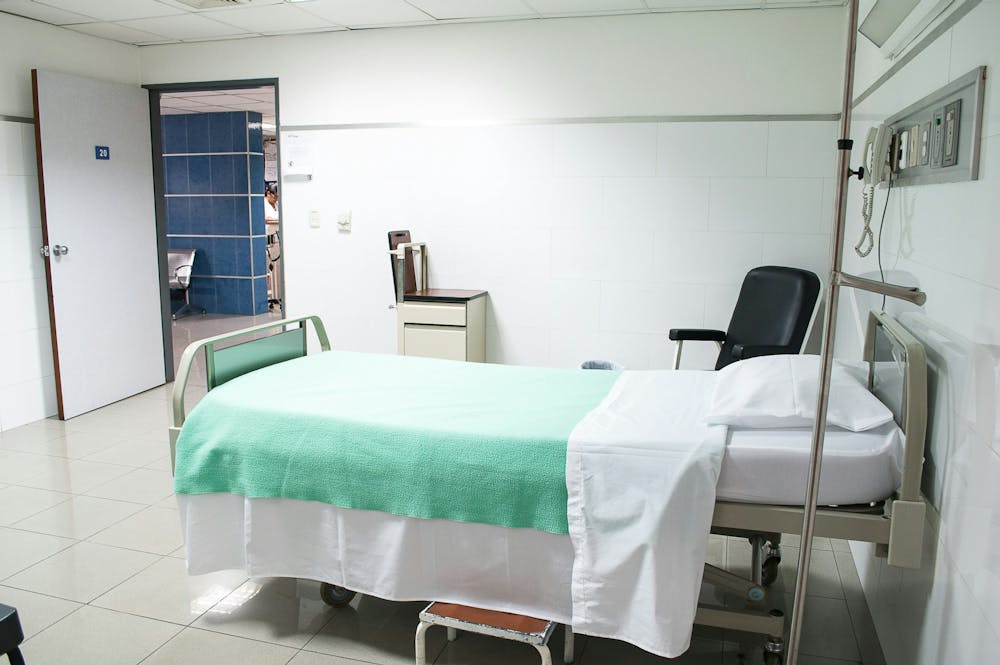Earlier this year, the University of New Mexico Hospital partnered with a national research network to conduct a trial on changing the timeline by which two chemicals are administered in trauma care.
Calcium and vasopressin are used as a standard part of patient care, but the “CAlcium and VAsopressin following Injury Early Resuscitation” — or CAVALIER — study is investigating whether giving them to patients earlier in the care timeline will improve survival rates.
The chemicals are commonly used for patients who have lost a lot of blood, according to the Linking Investigations in Trauma and Emergency Services — or LITES — Network.
The trial is designed to improve the outcomes of severely injured patients, according to UNM surgery faculty member Dr. Ming-Li Wang.
Wang is a specialist in acute care surgery. She is also the principal investigator for the CAVALIER trial at UNMH.
Patients are typically given calcium upon arrival at the hospital and vasopressin upon admittance to an Intensive Care Unit. CAVALIER patients will receive calcium en route to the hospital and vasopressin before being transferred to an ICU, according to the LITES Network.
Calcium promotes blood clotting, which helps to slow blood loss.
Another common symptom of blood loss is a decrease in blood pressure. Vasopressin increases blood pressure, which allows blood to travel to vital organs.
People may go into shock if their blood is not circulating properly. Hemorrhagic shock occurs when the circulation problem is brought on by a significant loss of blood, according to the University of Utah. This can rapidly lead to complications such as organ damage.
The study is unique in that patients do not opt in to participate, according to the LITES Network. Instead, CAVALIER operates under an Exception from Informed Consent process, which is overseen by both the FDA and an Institutional Review Board.
Patients and family members are informed of the study when possible and given the opportunity to opt out. People may also opt out in advance by contacting the LITES Network, according to its website.
The risks associated with the study are related to the medications themselves, Wang said.
Get content from The Daily Lobo delivered to your inbox
CAVALIER is the only LITES project currently happening at UNMH, which is the only LITES-participating hospital in New Mexico, according to its website.
“We are the only level-one trauma center in the state, so we get the most injured patients and the most acutely ill patients,” Wang said. “There's a small group of us who have always been really interested in enrolling our site into these bigger research projects that are collaborative with other institutions — me and my colleagues in emergency medicine — in order to kind of improve our care of trauma patients in the state of New Mexico.”
Editor’s note: CAVALIER has advertised in the Daily Lobo. The study’s investigators and funders had no editorial input in this story.
Arly Garcia is a beat reporter for the Daily Lobo. She can be reached at news@dailylobo.com or on X @dailylobo






